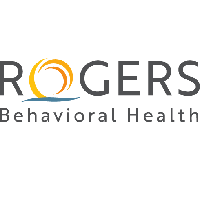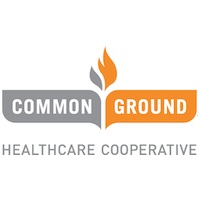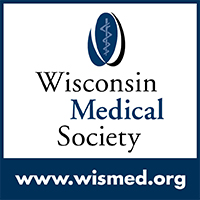
UW’s Fletcher talks social genomics

Jason Fletcher, a professor at the University of Wisconsin-Madison’s La Follette School of Public Affairs, studies the impact of nature and nurture.
During a recent interview, Fletcher, who is a presenter at a panel next month co-hosted by Wisconsin Health News and La Follette, discussed how this research can be used to improve health outcomes, what’s preventing further progress and what’s next for social genomics.
Edited excerpts are below.
WHN: What is social genomics?
Fletcher: All health and other outcomes that we really care about have a biological and genetic component, but also an environmental and social component.
Most academic disciplines pick one or the other … But it’s probably true that for a more complete explanation, you’d want to combine those lanes. So it’s not nature or nurture, but it’s always nature and nurture in their interplay.
WHN: How can this research impact health?
Fletcher: The idea of precision medicine is to take people’s genetic information and try to make treatment decisions based on the genetic information … There are certainly illnesses where there’s a gene for it, and it really matters targeting that gene.
But most of the health outcomes that we care about are much more complicated. So only focusing on genetics as a way of thinking about treatment decisions is a bridge too far. Bringing in the social aspects is moving closer to what some people call precision health — not just precision medicine — where you’re trying to be a little bit more inclusive. You need to bring with you the expertise, in treatment decisions and all the way through the medical steps, of: ‘Who are we losing because they don’t have insurance? Who are we not being able to screen when we want to?’ (Those) are much more social elements.
And then to add one more element there would be to think more broadly about precision policy … In more general terms, we think of policies that are broader and that affect everyone, but might affect them in different ways. So we have policies that are meant to curb smoking. We certainly have a lot of policies around insurance. In each of those cases, these complicated determinants of health will include both social and genetic predictors. Putting them all in one framework has a potential high promise in the future of getting more precision on the treatment side, but even more precision on how we think about policy interventions.
WHN: What are some of the main challenges?
Fletcher: There are many, but these are two that come to mind. The first is reaching some sort of general understanding from the public … In what ways does the public want to have their genetics used in these precision elements? The use of genetics to treat people differently, another way of calling that is discrimination. In what ways do we want genetics to discriminate among us? It’s a very unsettled question from the public’s perspective. And I think it’s unsettled because I think in general the public doesn’t know how powerful the predictions are becoming on the genetic side. They don’t really know what’s on the table and what’s even possible here. There hasn’t been a national effort to think about next steps on this question …
The second one is the underrepresentation in all the data sets that we could have in mind: where there are predictions around what treatments would be more effective and where there are predictions around how genetics affects outcomes. Every data set you could imagine is severely underrepresented for all populations outside of those with European ancestry … There’s promise and peril there. Today, in all efforts of precision medicine, we have to really think hard about this underrepresentation issue. Because anytime we think about treatment decisions, I don’t think clinicians have in mind that all the data supporting this treatment decision was based only on white people.
WHN: What’s the future of social genomics?
Fletcher: It is very promising. This is what so many fields are dealing with, where the data is just becoming so large and exploding in so many different domains and then trying to have us humans wrangle it in a reasonable way … Ideally, we would move in the directions of precision medicine and health where we did have a very good understanding both on the social side and a biological genetic side of why different front-line treatments work better for some people and not others. And so that’s just kind of money left on the table where we have all these treatments and we don’t know who to give what to. Those are solvable problems with more data and with more understanding. In those ways, the future is very bright. We are lugging with us in that bright future some of these issues that I’ve described that are mainly solvable, but they need real attention to solve them.
This article first appeared in the Wisconsin Health News daily email newsletter. Sign up for your free trial here.








.jpg?bwg=1612548324)






















